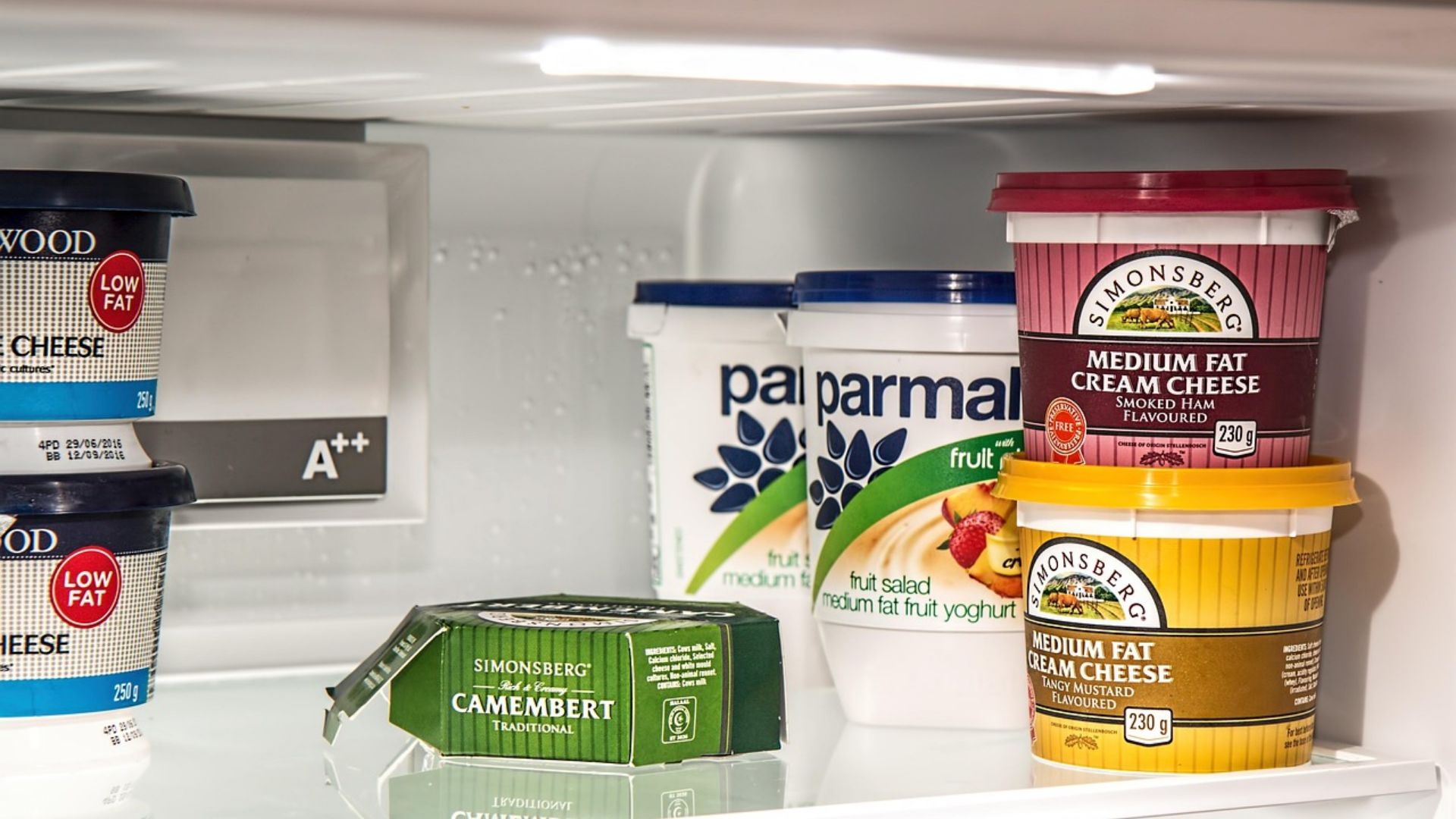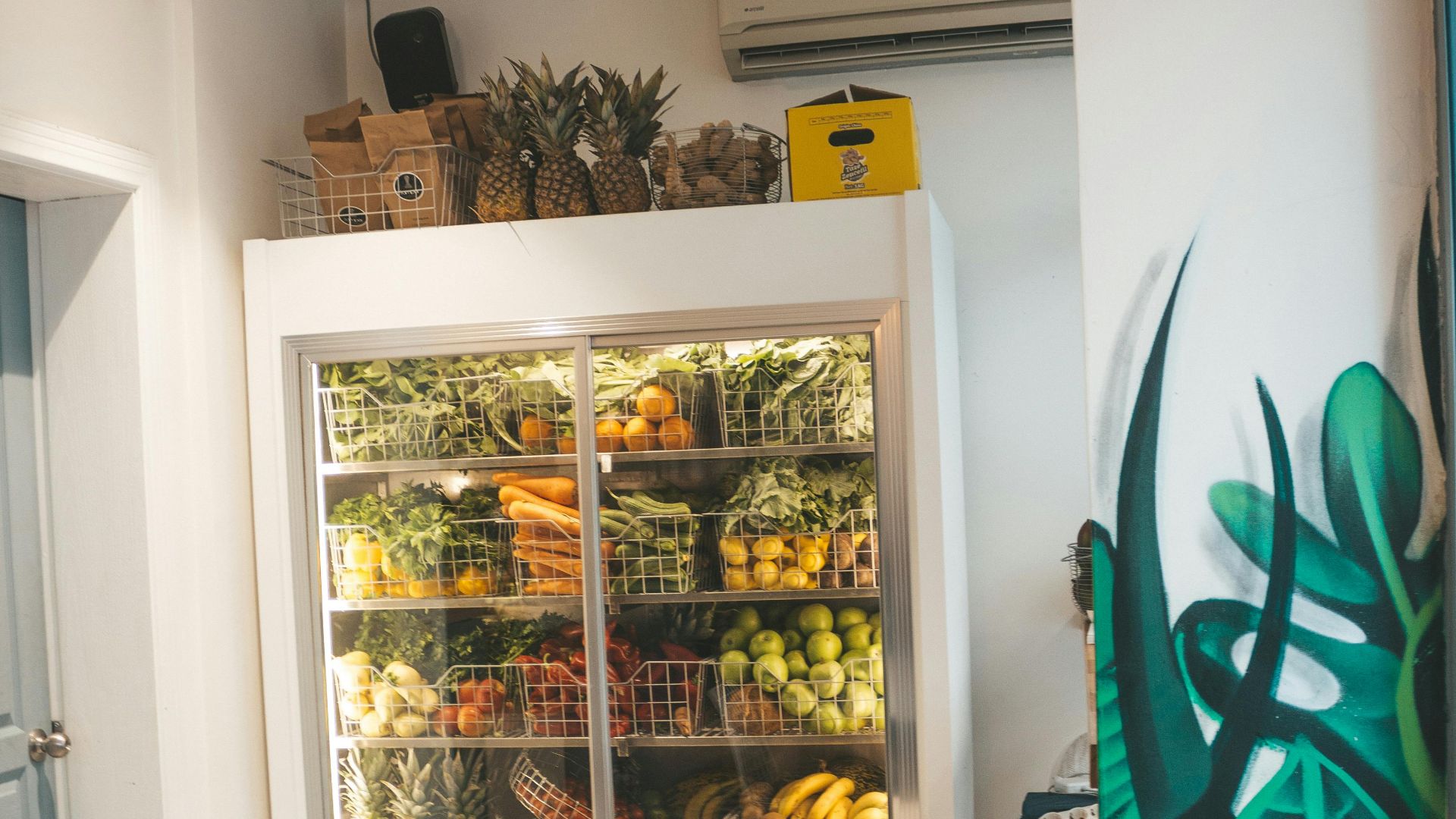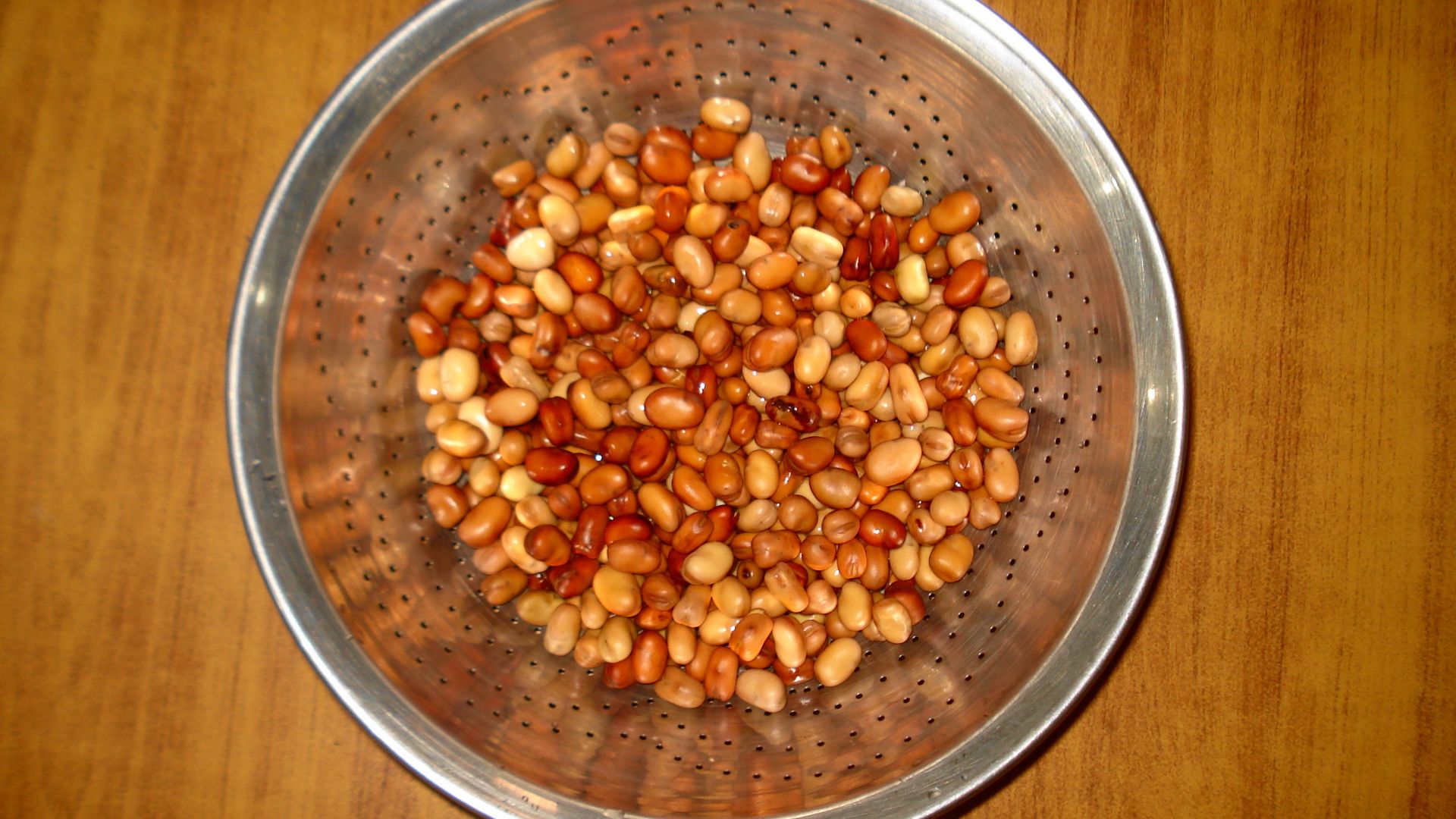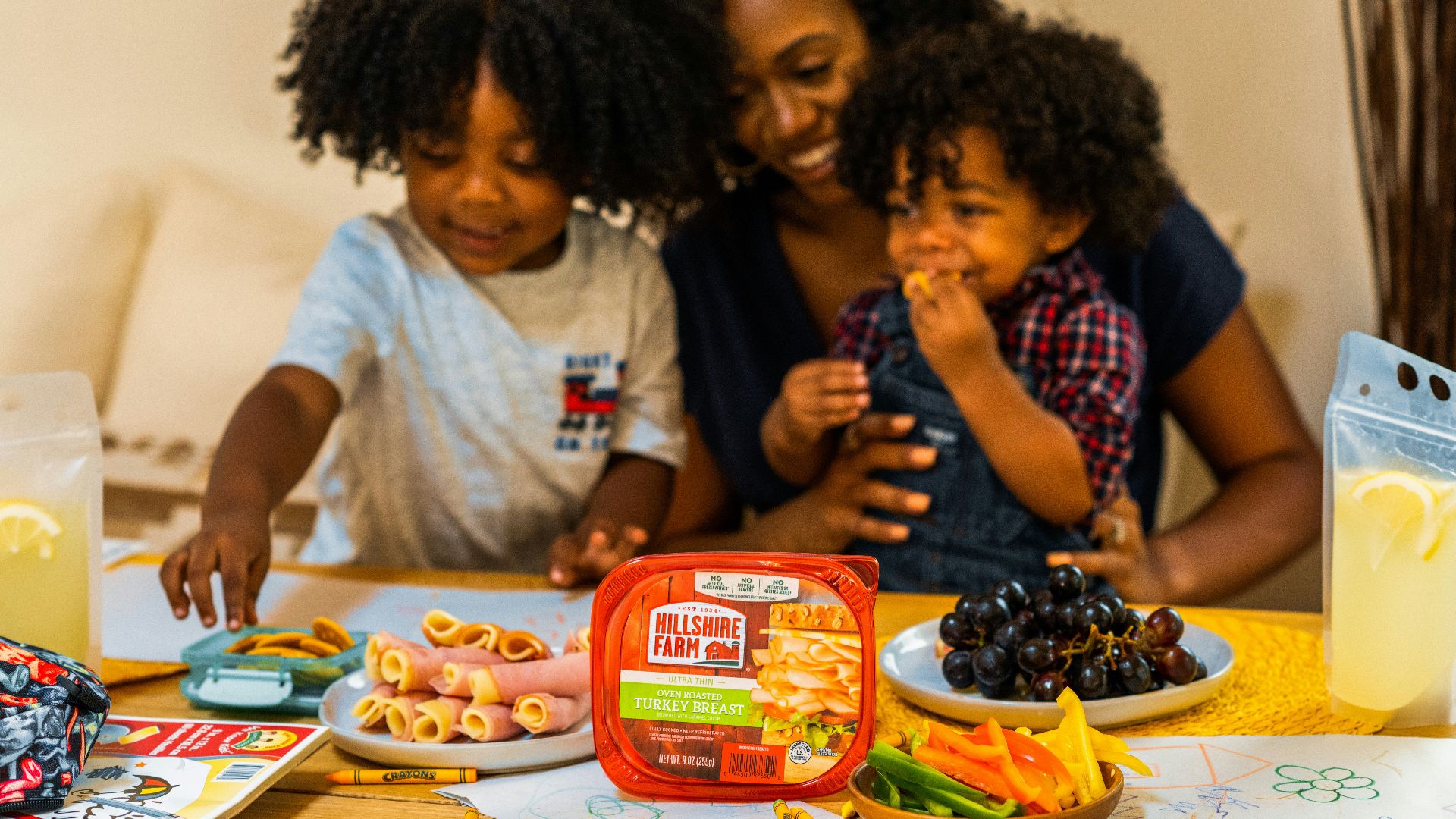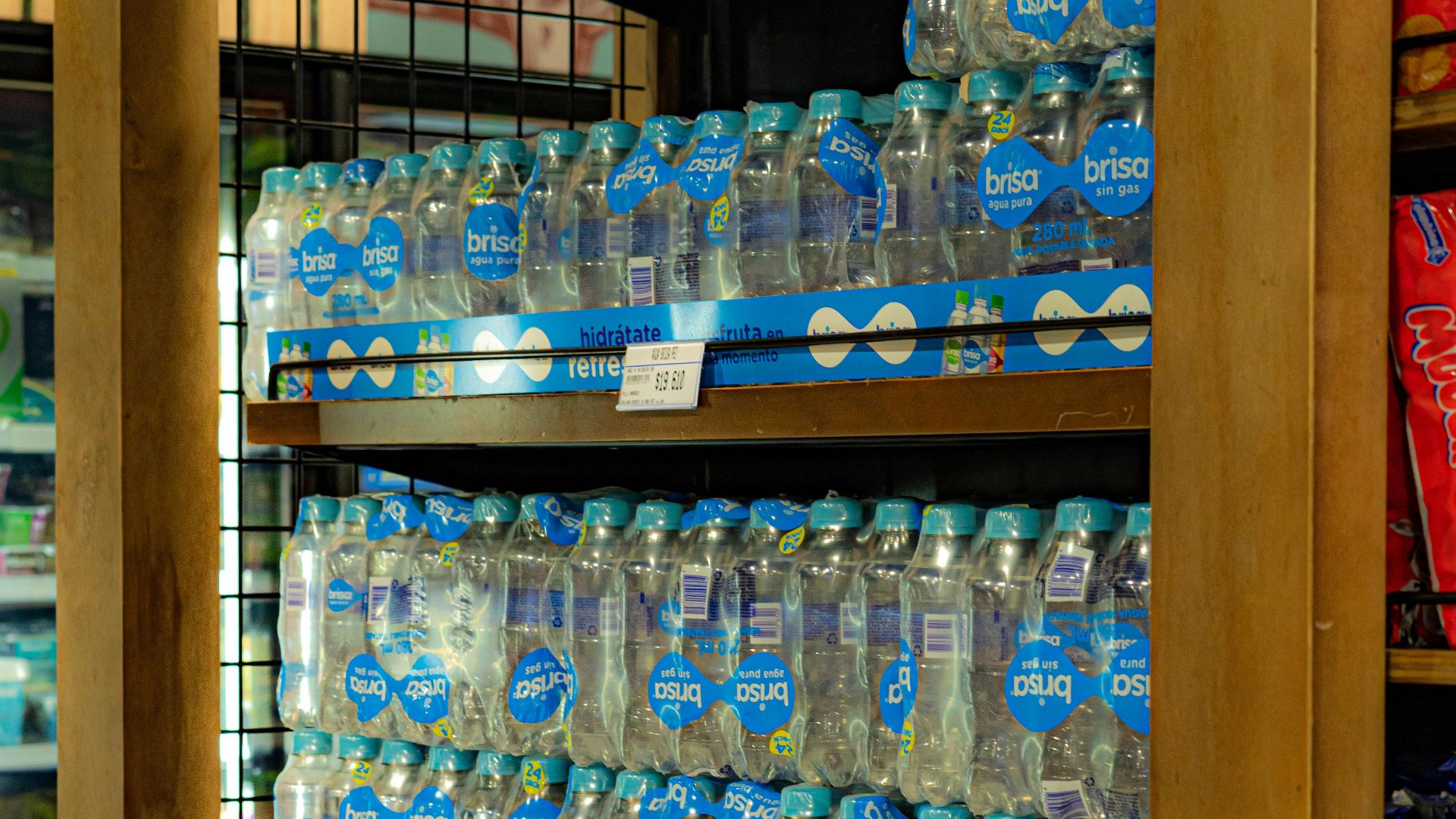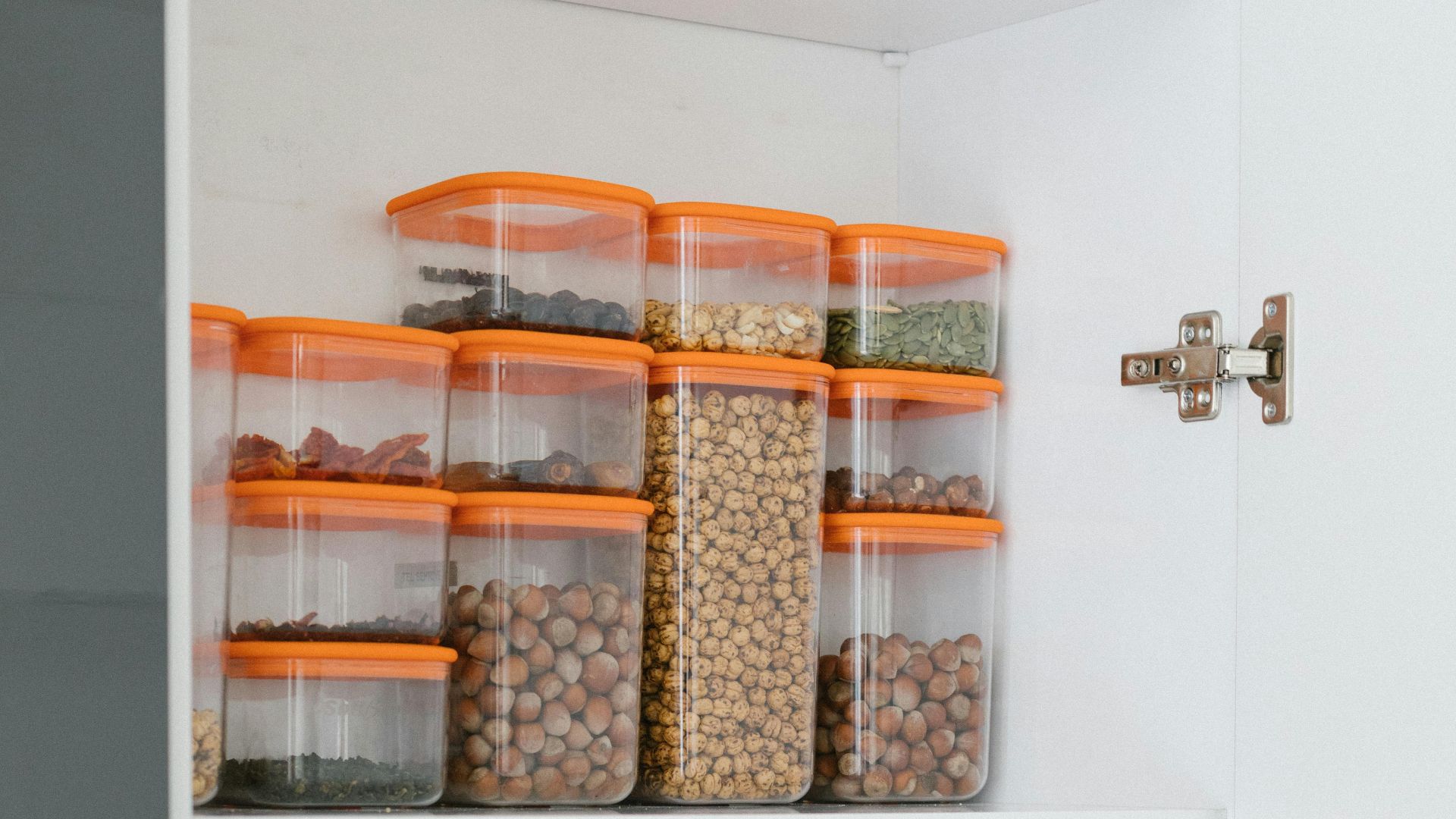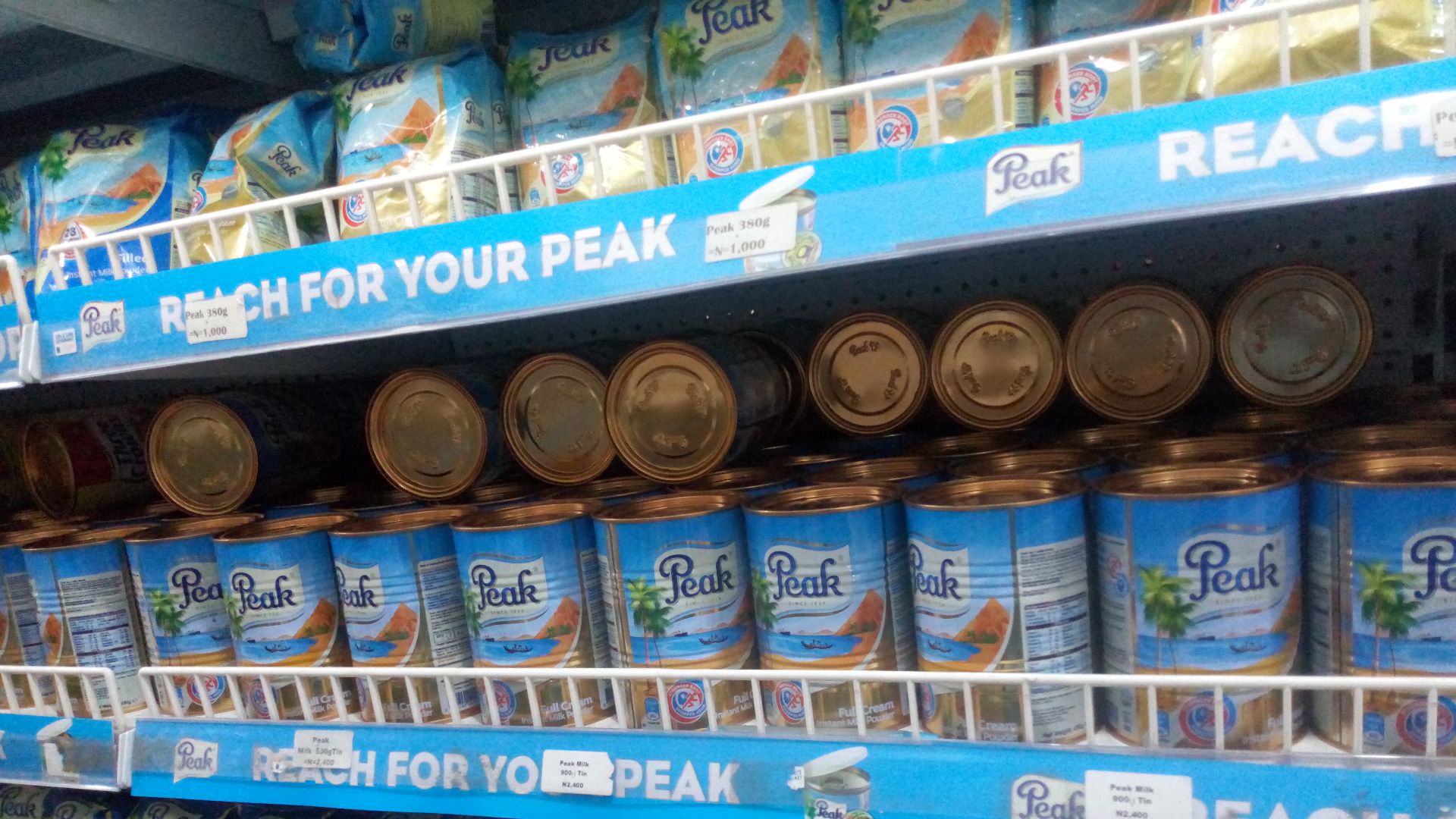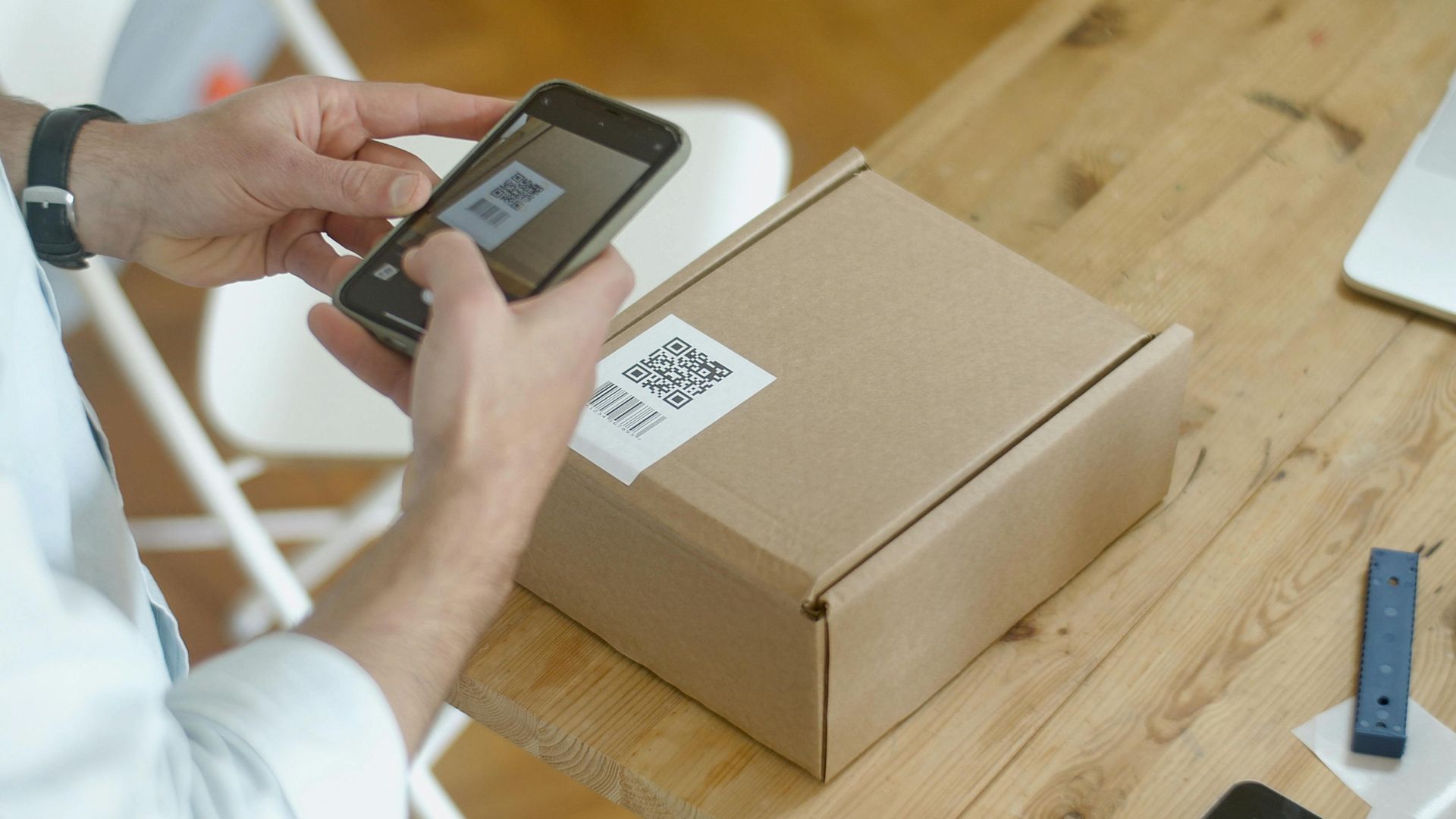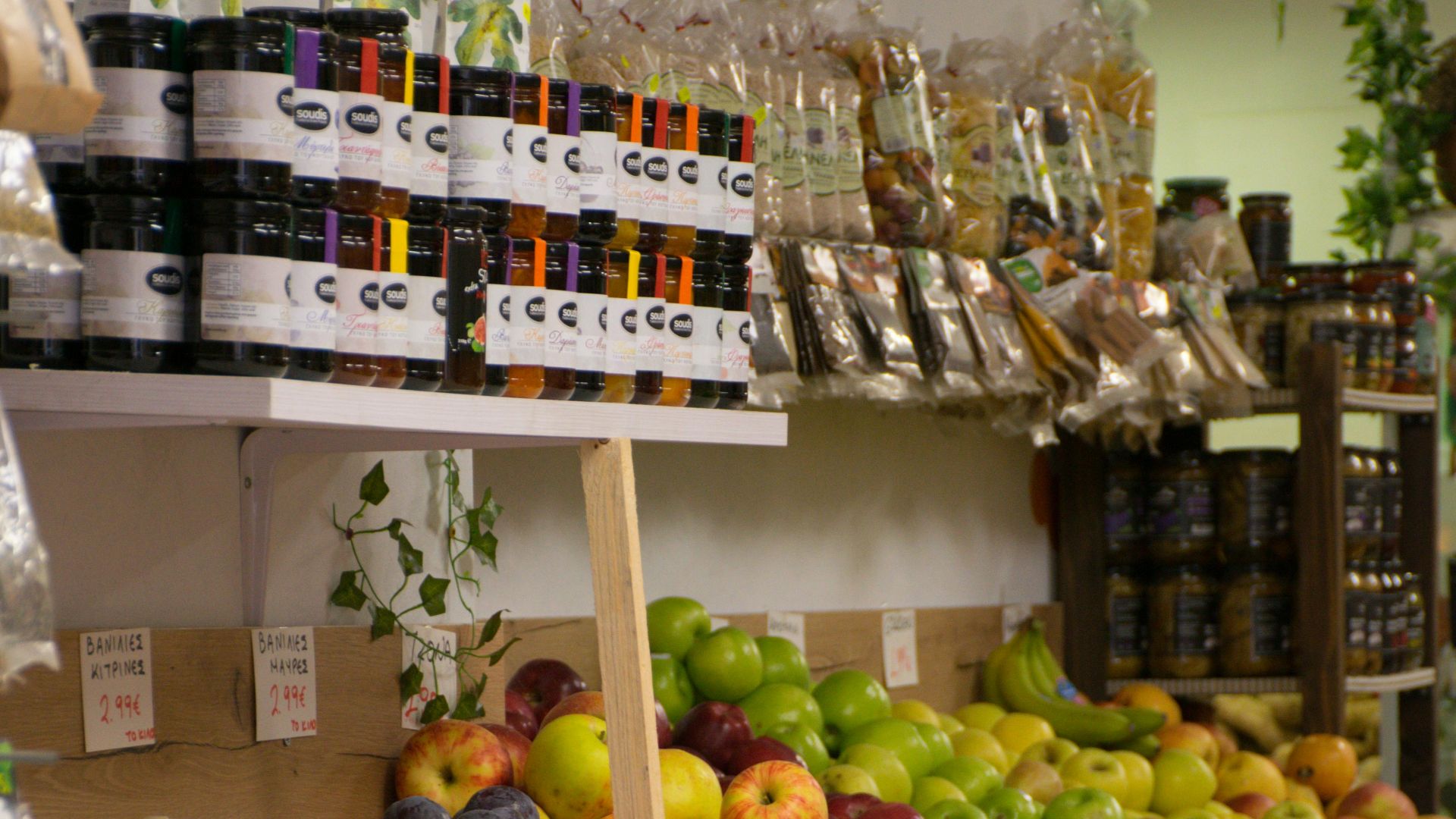Brilliant Grocery Store Tricks
Groceries aren't getting any cheaper. But the way you shop could be quietly costing you more than it should. Ready to keep your cart full and your budget intact?

Set A Weekly Spending Cap Before Entering The Store
Heading into the grocery store without a financial boundary is like walking into a casino without a budget. A weekly spending cap keeps your choices aligned with reality, not impulse. It doesn't require a spreadsheet—just a simple dollar figure you commit to before walking through the doors.
 Photo By: Kaboompics.com, Pexels
Photo By: Kaboompics.com, Pexels
Use The "One Less" Rule
Think of this as your minimalist mantra for grocery shopping. The "one less" rule means skipping just one item from each typical category, like one less snack or one less bottled drink. Over time, the savings add up without much sacrifice, as many overbuy out of habit rather than necessity.
Round Up Prices As You Shop
Rounding up each item's price as you add it gives you a realistic running tally. It's a smart mental trick that protects you from checkout surprises. Estimating on the higher side rather than exact cents builds a buffer, which can reveal when you're about to overspend.
Follow The "No Cart, No Overspend" Strategy
Grabbing a shopping cart when you only need a few things is an invitation to load up without thinking. Using a handheld basket or even just your arms limits you to what you can physically carry. When space is scarce, you naturally prioritize what's essential and filter out what's not.
Check The Fridge Door First
Before planning your next shopping run, take inventory of the lingering in the fridge's door. You likely have flavor boosters and ingredients that don't need replacing yet. Many shoppers overlook what they already have, which leads to duplicates and waste.
Follow A "Clear The Pantry" Meal Plan Monthly
Every household has forgotten cans or aging flour hidden in cabinets. Designating one week each month to create meals solely from pantry and freezer items is a clever way to save money. It forces creativity and ensures you rotate through what you already own.
Buy Dairy In Larger Containers Instead Of Singles
Buying yogurt or milk in single-serve portions might seem convenient, but it's a hidden cost drain. Larger containers almost always offer better value per ounce. With a little planning, you can portion them yourself at home using small jars or containers.
Only Buy Packaged Snacks From Warehouse Stores
Standard grocery chains mark up packaged snacks heavily, especially brand-name favorites. If snacks are a regular part of your household, consider stocking up at warehouse clubs like Costco. Their prices per unit are lower, and bulk packaging lasts longer.
Cross Off Items As You Go
There's real psychological power in physically crossing something off your grocery list. It keeps you organized and less likely to double back for forgotten items. A pen is a simple tool that reinforces accountability, but digital checklists also work.
Learn The Markdown Schedule Of Your Favorite Store
Each grocery store has a routine for marking down items nearing expiration, especially meats, dairy, fresh produce, and baked goods. Getting to know when these markdowns happen can help you score perfectly good food at steep discounts. Employees are usually willing to share the schedule if asked politely.
Repurpose Wilted Veggies Into Stir-Fries Or Soups
Vegetables that lose their crispness often get tossed, but they're far from useless. Slightly wilted greens and overripe tomatoes make excellent additions to stir-fries, soups, broths, or sauces. Cooking brings out flavor and texture, masking any signs of age.
Check Unit Price Per Use, Not Per Ounce
Most shoppers glance at the per-ounce price tag to compare value, but that doesn't always tell the full story. A giant bottle of ketchup may cost less per ounce but could go bad before it's used up. Smaller items, even with slightly higher unit prices, may suit your household better.
Stock Up On Versatile Proteins Like Eggs Or Canned Tuna
Keeping your pantry filled with affordable, multi-use proteins is a budget-friendly strategy that won't sacrifice nutrition. Eggs and canned tuna are two standouts as both are shelf-stable and can work across breakfast, lunch, and dinner. You can also incorporate them into multiple dishes.
Avoid Buying Spices At The Grocery Store
Those tiny jars can carry shockingly high price tags. Stores often charge a premium for convenience, but ethnic markets or bulk sections offer the same seasonings for a fraction of the price. You'll frequently find fresher stock and sometimes more authentic flavors.
Create A "Do Not Buy" List Based On Past Waste
Rather than just listing what you need, build a secondary list of items you regularly throw out. This practice helps identify products you buy out of routine rather than necessity. If baby spinach always wilts before you use it, stop buying it or switch to frozen.
 Photo By: Kaboompics.com, Pexels
Photo By: Kaboompics.com, Pexels
Use A Whiteboard To Track What Needs To Be Used This Week
Mounting a small whiteboard on your fridge can work wonders for food awareness. Instead of forgetting what's left from last week's meals, jot down what needs to be eaten soon. Whether it's half a tub of hummus or a single piece of chicken, this simple visual cue encourages creative use.
Freeze Overripe Fruit For Smoothies Instead Of Tossing It
Bananas with brown spots or soft berries don't have to end up in the trash. Instead, toss them into a freezer bag and save them for smoothies or baked goods. Frozen fruit retains its flavor and nutritional value, which makes it a perfect backup when fresh produce runs out.
Add A "Leftovers Night" To Your Weekly Meal Plan
By assigning leftovers a designated spot in your routine, you ensure food doesn't get forgotten in the fridge. It also takes pressure off your cooking schedule and trims grocery needs by a full meal's worth. This tactic works especially well for households juggling busy weeknights or tight pay periods.
Switch To Rehydrated Beans Instead Of Canned
Canned beans are convenient, but they're significantly more expensive per serving than their dried counterparts. Rehydrating beans may take time, but it's mostly hands-off. Just soak them overnight and simmer the next day. With a little prep, you can make large batches and freeze portions for future use.
Use Natural Ingredients For Cleaning Instead Of Store Cleaners
Many people overlook how much their grocery bill includes household cleaning products. White vinegar and baking soda offer an inexpensive, natural alternative to commercial cleaners. Together or separately, they can handle most kitchen messes, remove stains, deodorize your fridge, and scrub your sink with ease.
Buy Whole Chicken Instead Of Cuts
Pre-cut chicken parts are priced for convenience, not value. Buying a whole chicken costs significantly less per pound and offers more than just meat. You get breasts, thighs, wings, and bones perfect for homemade stock. Roasting or slow-cooking a whole bird yields multiple meals from a single purchase.
Avoid Buying Pre-Made Lunch Kits For Kids
Those pre-packaged lunch kits come at a high cost per ounce and often contain little real nutrition. Assembling your own versions with crackers, cheese, deli meat, and fruit saves money and lets you control ingredients. Prepping in bulk creates a habit that teaches kids about balanced eating.
Shop With Earbuds In And A Calm Playlist
Music can subtly influence your shopping behavior, and stores often use upbeat or emotional soundtracks to encourage browsing and spending. Bringing your own earbuds and playing a calming playlist changes the experience entirely. You move with intention instead of getting swept up in promotional noise.
Stick To Water As Your Only Beverage Purchase
Beverage aisles are packed with colorful options that add up fast. Sodas, juices, flavored waters, and sports drinks might seem affordable individually, but they drastically increase your overall bill. Limiting purchases to plain water or filtering your tap at home slashes this hidden expense.
Don't Trust Endcap Displays
Those enticing displays at the end of grocery aisles are strategically placed to boost sales of high-margin products. Often, these items aren't even on sale. Shoppers assume visibility equals value, but that's rarely the case. Take a moment to compare prices within the aisle before grabbing what's front and center.
Pre-Portion Snacks As Soon As You Get Home
Unpacking your groceries is the start of smart snacking. Dividing large snack bags into smaller, individual portions right away helps control serving sizes and stretch your supply. Whether it's trail mix or dried fruit, this step prevents overconsumption and makes grabbing a snack more convenient later.
Skip The Aisles Entirely When You Don't Need Them
Browsing for fun through grocery aisles you don't need can quickly derail your budget. Even one or two unplanned items can add $10 or more to your total. If you're shopping for fresh produce or meat, stick to the outer perimeter and avoid inner aisles altogether unless absolutely necessary.
Buy Grains And Legumes From Ethnic Stores
Specialty or international grocery stores often sell essentials like rice, lentils, flour, and beans at lower prices and in larger quantities than mainstream chains. These stores cater to communities that rely on bulk ingredients, which means better deals for everyone.
Skip Recipe Apps That Require Too Many Unique Ingredients
Many popular recipe apps highlight dishes with exotic ingredients that may only be used once. While exciting, these one-off purchases often sit in your pantry unused, inflating both your bill and your clutter. Instead, prioritize apps or cookbooks that focus on staple ingredients or allow easy substitutions.
Switch To Powdered Or Shelf-Stable Milk For Cooking
If you only use milk for baking or recipes and rarely drink it on its own, switching to shelf-stable cartons or powdered milk can cut costs. These alternatives last much longer and are perfect for occasional use. You won't be pouring spoiled milk down the drain every other week.
Cancel Meal Subscription Services When Grocery Budget Is Tight
Meal kits typically cost more per serving than home-prepared meals with grocery store ingredients. If you're trying to cut expenses, pausing or canceling your subscription can immediately free up extra dollars. Plan a few basic meals yourself for more control over your ingredients and portion sizes.
Shop At Farmers' Markets At The End Of The Day
Visiting your local farmers' market during the final hour often leads to excellent deals. Vendors prefer selling perishable items at a discount rather than packing them up or tossing them out. This timing lets you support local growers while getting more value for your money. It's a win-win.
 University of Michigan School for Environment and Sustainability from Ann Arbor, Wikimedia Commons
University of Michigan School for Environment and Sustainability from Ann Arbor, Wikimedia Commons
Grow Easy Herbs Like Basil Or Green Onions At Home
Some of the most frequently repurchased grocery items, like basil, dill, cilantro, and green onions, are also among the easiest to grow indoors. With a sunny window and a small container, you can maintain a constant supply without heading back to the store. Moreover, it keeps your meals tasting fresh.
Avoid Buying Pre-Made Dips And Salsas
Convenience foods like guacamole and salsa often come with steep markups, even though they're made from inexpensive ingredients. Making them at home takes just a few minutes and allows you to customize flavor and spice levels to your liking. Fresh versions also last longer without the preservatives.
Rotate Stores For The Best Prices
No single grocery store wins every price battle. One might offer cheaper produce, and another has better meat deals. If your schedule allows, rotate between stores based on their strengths. Keeping a note of which location offers the best value for specific items helps you build a smarter shopping rhythm.
Stick To A Four-Meal Rotation To Simplify Spending
Repeating four core meals each week might sound boring, but it's one of the most efficient ways to streamline costs. When you know what you're cooking, you buy exactly what you need—no more, no less. Overlapping ingredients cut down the shopping list and keep your fridge organized.
Use A Rebate App Right After You Shop
Rebate and receipt-scanning apps are simple ways to recoup a small percentage of your grocery spending. Apps like Ibotta or Fetch Rewards let you scan receipts and earn gift cards or cash back for everyday items. It takes less than five minutes and builds up over time.
Use Cash-Only For Groceries Once A Month
Try replacing your debit or credit card with a cash envelope for one month of grocery shopping. The physical limit forces you to evaluate every purchase and think twice before tossing extras into your cart. If you're out of cash, you're done shopping.
 Photo By: Kaboompics.com, Pexels
Photo By: Kaboompics.com, Pexels
Don't Shop Just Because You're Bored Or Stressed
Grocery shopping often doubles as an emotional outlet, especially during stressful or idle moments. But boredom-driven trips frequently result in spontaneous, unnecessary purchases that drain your wallet. Instead, find a non-spending alternative—take a walk or reorganize your pantry.
Treat Grocery Savings Like A Game
Turning budgeting into a game can make grocery shopping more rewarding. Set mini challenges for yourself, like beating last week's total or shaving $10 off your usual haul. Track your progress and celebrate wins, even small ones. This mindset makes cost-cutting feel less like a chore and more like a personal victory.
Avoid Health Food Markups In Regular Grocery Stores
Many mainstream grocery stores charge premium prices for items labeled as "organic" or "keto". While these may be beneficial, you can often find the same products at health food stores or in bulk sections for far less. Don't pay for fancy packaging or trend-driven shelf placement.
Freeze Leftover Herbs In Oil Or Broth Cubes
Fresh herbs add flavor, but they often wilt before you’ve used them all. Instead of tossing the extras, chop and freeze them in ice cube trays with either olive oil or broth. These cubes store easily and drop straight into soups or stir-fries later as you avoid buying replacements next week.
Bake Your Own Bread Once A Week
Store-bought bread often contains additives and comes with a higher cost than homemade versions. Baking your own bread once a week can be surprisingly easy and satisfying, especially with simple recipes like no-knead or overnight loaves. A few pantry staples yield delicious results with minimal effort.
Split Bulk Items With Friends Or Neighbors
Buying in bulk is a proven way to save, but not everyone has space or need for ten pounds of rice or three jars of peanut butter. That's where splitting purchases with friends or neighbors comes in handy. You still benefit from bulk pricing without the excess.
 Marie-Michele Bouchard, Unsplash
Marie-Michele Bouchard, Unsplash







